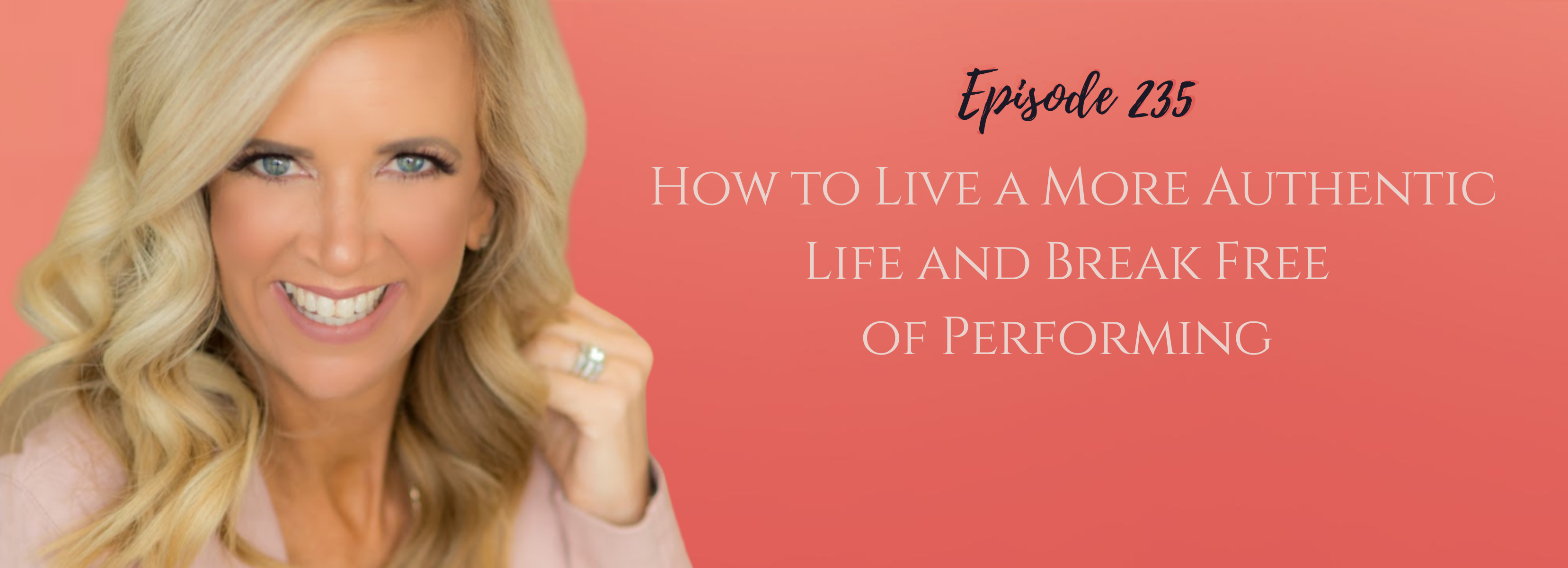
How to Live a More Authentic Life and Break Free of Performing with Ritu Bhasin| 10.18.2023
In this episode, Kristen sits down with Ritu, an award-winning empowerment coach and author, to explore the transformative journey of authenticity. They share some practical strategies and personal anecdotes that will empower you to shed the burden of performing and embrace your true self.
You'll Learn
-
Insights from Ritu's personal experiences and expertise, shedding light on the journey from performing to living authentically.
-
The importance of living authentically and breaking free from societal expectations.
-
Strategies for aligning your actions with your true self and fostering self-confidence.
-
Practical advice on setting meaningful personal goals and working towards them.
Resources
For counseling services near Indianapolis, IN, visit www.pathwaystohealingcounseling.com.
Subscribe and Get a free 5-day journal at www.kristendboice.com/freeresources to begin closing the chapter on what doesn’t serve you and open the door to the real you.
Subscribe to the Close the Chapter YouTube Channel
This information is being provided to you for educational and informational purposes only. It is being provided to you to educate you about ideas on stress management and as a self-help tool for your own use. It is not psychotherapy/counseling in any form.